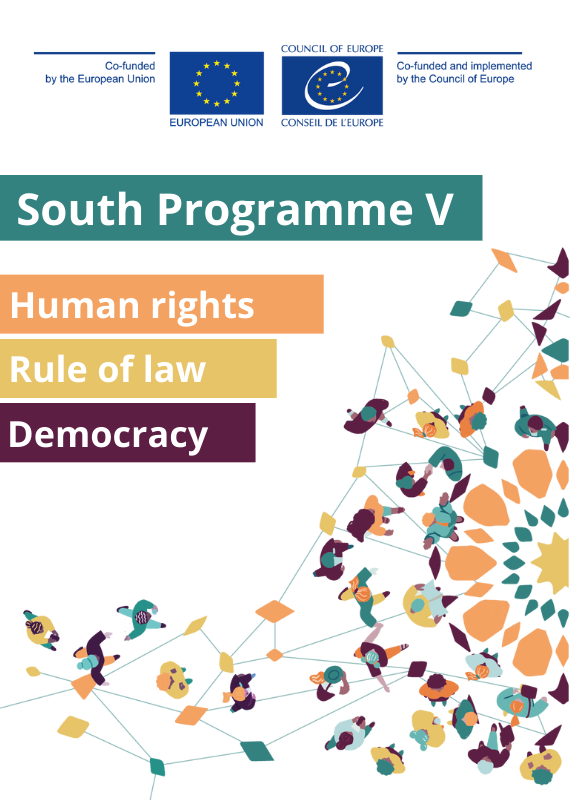During its 138th plenary session, on 15-16 March 2024, the Venice Commission held an exchange of views with Mr Henri Khoury, Minister of Justice of Lebanon, and with Mr Georges Okais, Chair of the Parliamentary Sub-Commission on Administration and Justice, and adopted the opinion on the draft law on the Administrative Judiciary of Lebanon.
This opinion was requested by the Minister of Justice of the Lebanon on 23 June 2023. It was prepared under the Quick Response Mechanism (QRM) in the framework of the European union and council of Europe joint programme “South Programme V”, co-funded by the two organisation and implemented by the Council of Europe.
|
The QRM is a tool designed for the provision of legislative expertise to support priority reforms in areas of Council of Europe expertise based on requests received from partner authorities in the Southern Mediterranean region. |
This opinion follows the request for support submitted by the Lebanese Minister of Justice on 23 June 2023. The opinion was prepared within the framework of the Rapid Response Mechanism (QRM) of the joint programme between the European Union and the Council of Europe ‘South V Programme’, co-financed by the two organisations and implemented by the Council of Europe, following online consultations with the relevant Lebanese interlocutors. As a reminder, at the request of the Lebanese Minister of Justice, the Venice Commission adopted an opinion on the draft law on the independence of the judiciary at its 131st plenary session.
The role of the Venice Commission (European Commission for Democracy through Law) of the Council of Europe is to provide legal advice to its member states as well as to beneficiaries in interested neighbouring regions, and, in particular, to help states wishing to bring their legal and institutional structures into line with European standards and international experience in the fields of democracy, human rights and the rule of law.


